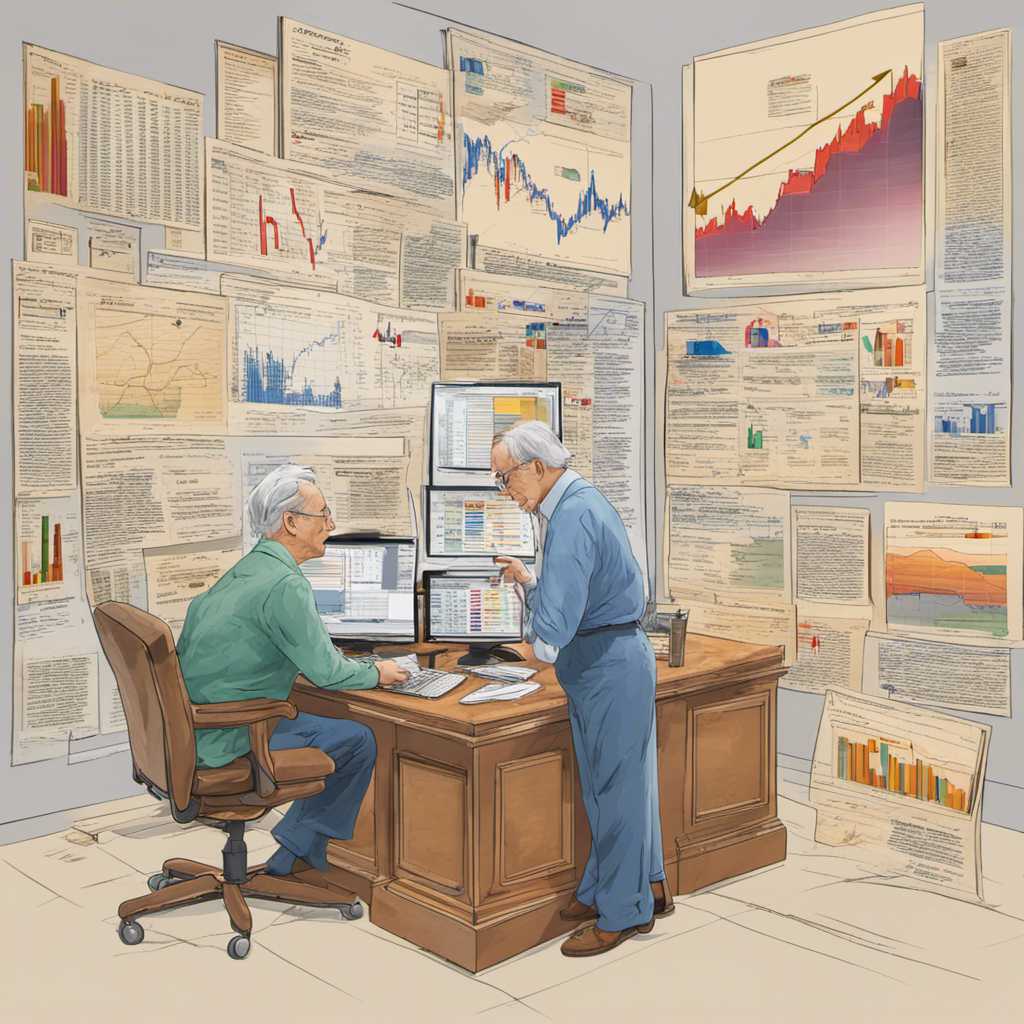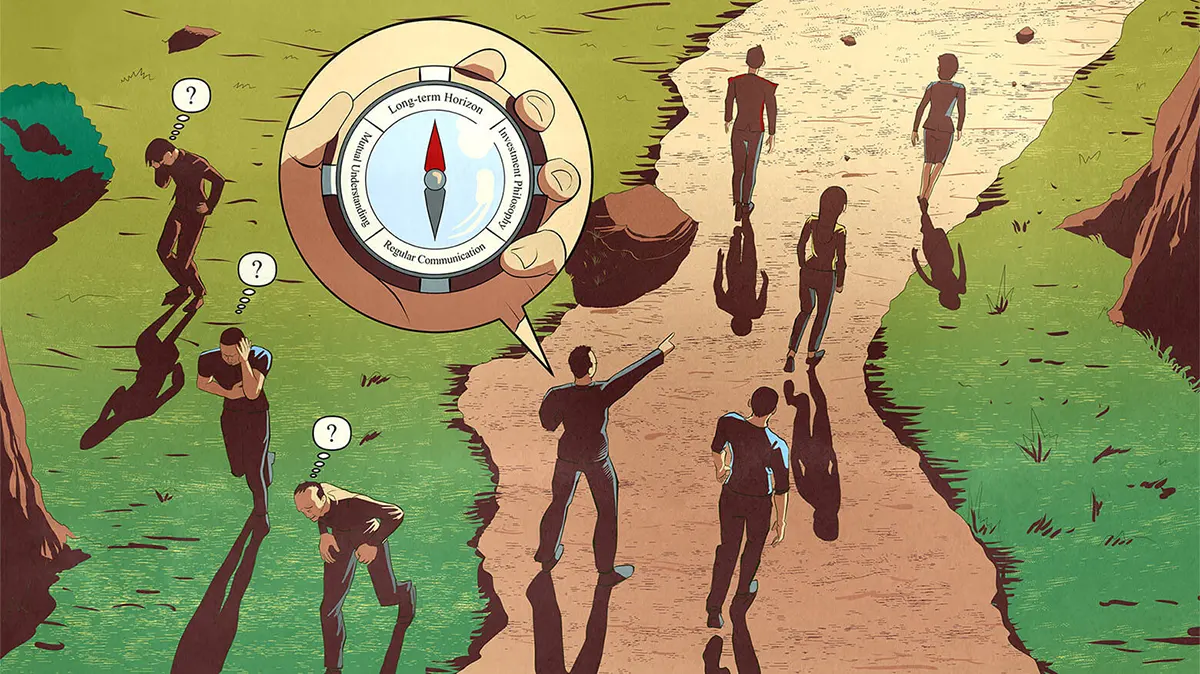This mailbag is in response to my Nov. 4 article on Buybacks and Dividends.
Vitaliy,
Good stuff as always!…
A minor point… near the end you say you object to a company leveraging its balance sheet to do buybacks. But technically, isn’t paying out cash for a buyback changing (negatively) the balance sheet even if no borrowing is involved? In other words, you buy back stock and cash becomes a smaller part of total assets and overall shareholder equity shrinks. The enterprise now IS at more risk (smaller and less cash) than before, although admittedly not as seriously as one that takes on debt to buy back stock. Isn’t it just a matter of degree, rather than a sharp difference??
Fully agree that buybacks are better and healthy dividends are second best, since management definitely does have their flights of egoistic fantasy and do some really dumb things in the name of growth.
– Don
Don, great point!
So let me clarify that: Buying back stock is leveraging anyway you look at it, because it lowers equity (cash balance declines – lowers equity and thus debt to total assets ratios rises) – it’s hard to argue with that. Also, with this logic, paying a dividend is leveraging as well, as it forces cash balances to decline.
However, the distinction I am making is that when a company increases debt (HIGH leverage scenario) – in absolute terms, by issuing debt to buy back stock, a company can only do so much of that because it has a finite borrowing capacity. Thus the growth of earnings that comes from issuing debt and buying back stock is not sustainable. Where stock buybacks that are sourced from free cash flows (LOWER debt scenario) result in a more sustainable earnings growth and arguably less risky (everything held constant), as they don’t raise the absolute levels of debt. As long as free cash flows keep rolling, a company can keep buying stock.
From a credit analysis perspective, HIGH leverage scenario case does the following: raises debt to assets ratio and lowers interest coverage ratios; LOWER leverage scenario case does the following: raises debt to assets (but by lower degree than in first case) and has no impact on interest coverage ratios (alright, it has a very small negative impact as cash paid out earns interest).
Best regards,
– Vitaliy
Vitaliy,
Good points; all agreed and understood… but even if the buybacks come from free cash flow (definitely the preferred scenario) they by nature reduce the financial robustness of the company from what it WOULD have been in their absence.
– Don
Don,
Agree, but at a certain point cash sitting on balance sheet just takes away value (i.e. MSFT) – but your point is well taken.
-Vitaliy
Vitaliy,
Wouldn’t you rather see management apply a very strict value standard to any share buybacks? Something along the line of Ben Graham’s 30% below book? As a small investor I’ll take a dividend over share buybacks any day.
-Alex
Dear Alex,
As I mentioned before, I prefer dividends versus share buybacks. Your question raises a different issue: is management a good investor? More often than not, it isn’t. Management has a bias – it is usually in love with its company. They spend an enormous amount of time to increase the company’s profitability, to build a stronger franchise. This investment of time creates an attachment to its company leading to a loss of objectivity. The same way a parent loses objectivity of his child’s drawing skills – I believe everything my four-year-old son draws is a masterpiece (it really is, LOL) – management believes that its company is extra special, thus usually overestimating its value and overpaying for the stock. In other cases management is aware that its stock is overvalued, but it still overpays for it to make their earnings numbers.
I do favor dividends to share buybacks, the same way I favor Lloyds TSB (LYG) 7.7% dividend to US Bank Corp’s (USB) 4% dividend at 3%+ a year share buyback – both banks have the same payout ratio (dividend plus share buyback) of 80%. Ben Graham lived in a different time, though his principles are still alive; 30% below book value means very little in most cases as the concept of book value is becoming more and more distorted (to a lesser degree for banks and insurance companies) by gigantic write offs, spin offs and share buybacks (mixture of cost accounting and market prices, take a look at Colgate’s capital structure). Yes, management should only buy back shares when the stock is undervalued, they’ll always argue that their stock is
cheap, you should be the judge.
-Vitaliy









0 comments